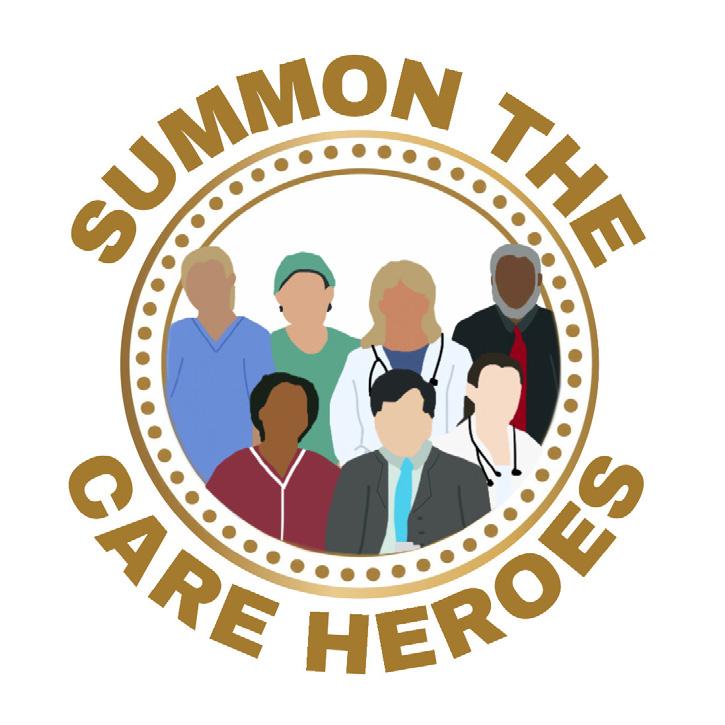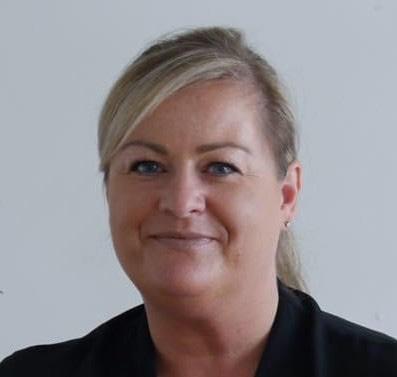
3 minute read
Welcome to the World of Digital Choice
David Kwo EPR Consultant and Researcher People Source Consulting
The uplifting reports of NHS vaccination programme successes are now being followed by reports on the importance of health data to fight the pandemic. Health data is needed to identify patients for shielding and jabs, running vaccine trials and organising virtual consultations and such data needs to be shared freely and securely.
What is not reported is where health data comes from, the fact that data comes from systems, and that good quality data depends on good quality systems.
Digital Choice
When I was working as an NHS IT Director 20 years ago, “good quality systems” for hospitals was defined as “best of breed”: let each department choose their best system and the hospital would operate better. My job was to connect them by trying to extract subsets of data (such as diagnoses, drugs and allergies) from disparate systems into a data repository. It was a blinking nightmare (technical term).
Ten years later, the definition of “good quality system” evolved to “enterprise-wide” or integrated electronic patient records (EPRs). Our clinicians agreed that departments’ needs should be subsumed in favour of the needs of the hospital. Linking (or “interfacing”) disparate systems that were not designed to work together simply didn’t work. Bullying suppliers into “standard interoperability interfaces” was commercially and technically naïve and caused clinicians to navigate multiple systems.
Hospitals had moved from best of breed to integrated EPR systems and some EPRs, such as Cerner, Epic and Meditech are widespread. In the US, over 99% of hospitals use integrated EPRs. In the UK, the trend is towards integrated EPRs but only 63% of hospitals use them.
Today, it is “ground-hog day” for good quality systems. The current strategy is to implement a “Shared Care Record” system (SCR) in each of the Integrated Care Systems (ICSs). SCRs are trying to extract subsets of data (such as diagnoses, drugs and allergies) from disparate systems into a data repository; but now across hospital, GP, mental health and social care IT systems.
This strategy for digitising ICSs is therefore following an idea that was disproven 20 years ago. But, the risk is not just poor data quality. After viewing SCR data, clinicians need to take actions such as prescribing drugs, scheduling appointments/MDTs, requesting tests/ consults with other care setting colleagues, sending clinical data to teams with commentary and alerts. These actions need functionality not found in SCRs and so clinicians are back to navigating multiple systems.
Data quality (accuracy, completeness and timeliness) is not routinely and consistently measured or reported by SCR programmes. Clinicians do report SCR benefits re: novel data from different care settings, but they also report conflicting allergy data in SCRs and data on patients needing shielding to be full of gaps.
The lesson we seem to be forgetting is that clinicians and carers need data and functionality.
SCRs give data (of variable quality and completeness). Integrated EPRs for ICSs would give higher quality data (a single set of data definitions) and seamless functionality across care settings. Health systems in Europe, Canada and other countries are increasingly adopting integrated EPRs across care settings. The NHS should create a market of competing integrated EPRs across the ICSs and a market for interfacing (interoperability standards) solutions to cover cross ICS flows.
ICSs want innovations e.g. apps, remote monitoring from patients’ homes, patient portals, population health management, research and AI.
Such innovations will be more soundly based using integrated EPR platforms (with so-called open APIs to allow links by third parties).
Single Integrated EPRs will not likely be practical or affordable for all ICSs. But some ICSs are already pursuing them. The vision is that in 5 years, some ICSs will use SCRs, some will use integrated EPRs and a few will follow a bespoke approach (using so-called open platforms). We should welcome such a mixed approach and assess rigorously what approach works best.
We should not assume that a data repository is the one size that fits all.

Better care simplified. It’s possible.

With our leading-edge healthcare solutions, Allscripts helps UK healthcare organisations expedite their digital transformation journeys and boost digital maturity. Allscripts offers essential digital capabilities organisations need to operate in a modern NHS. As your trusted partner, we can help you deliver care that is safe, efficient and fit for today’s needs – yes, it’s possible.
To learn more, visit allscripts.com/uktrends










